8th International Conference on
Advances in Biomedical Engineering ICABME 2025
9-10 October 2025
Beirut Arab University - Debbieh Campus
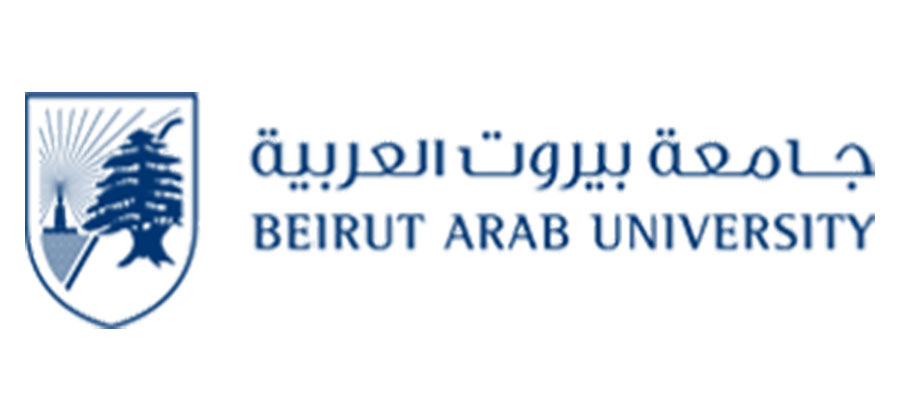
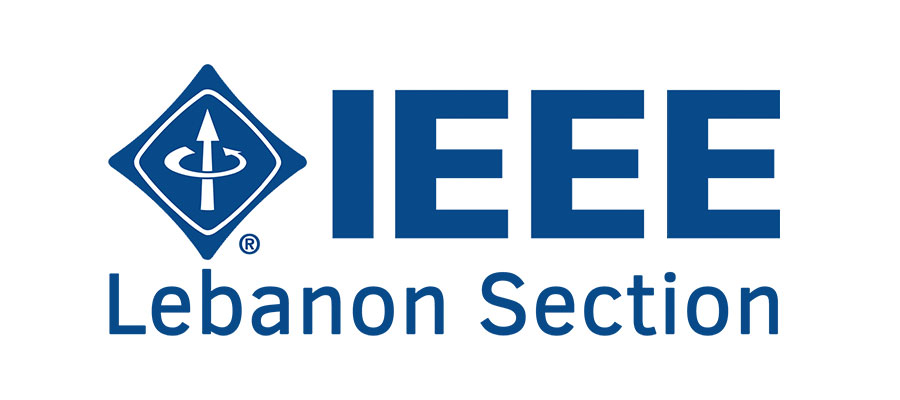
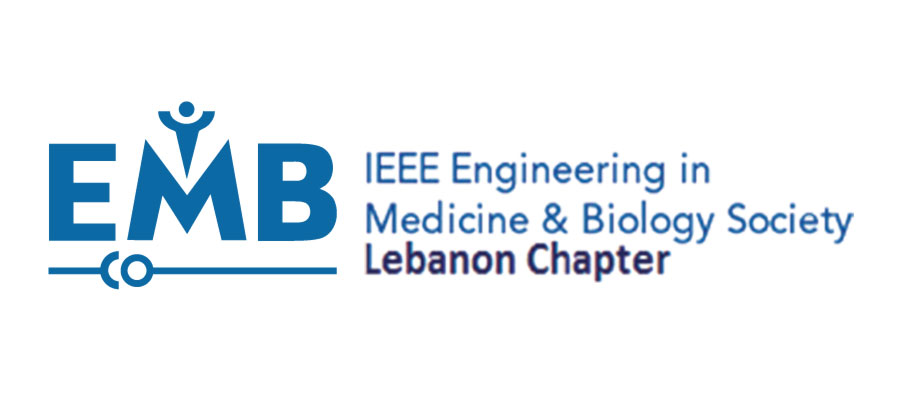
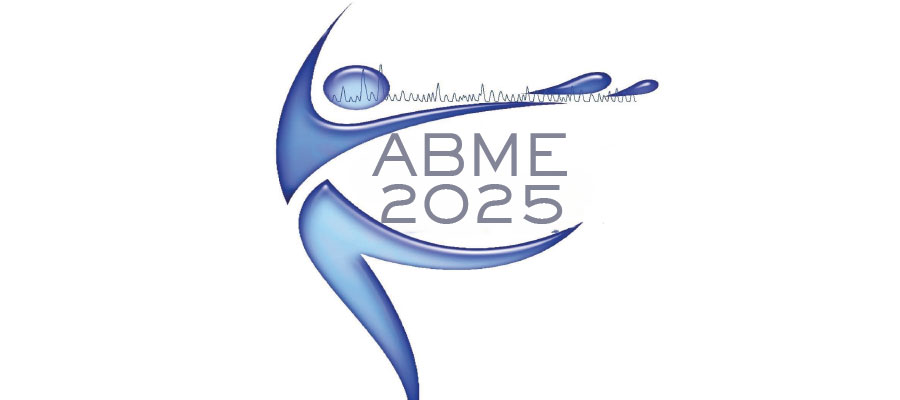
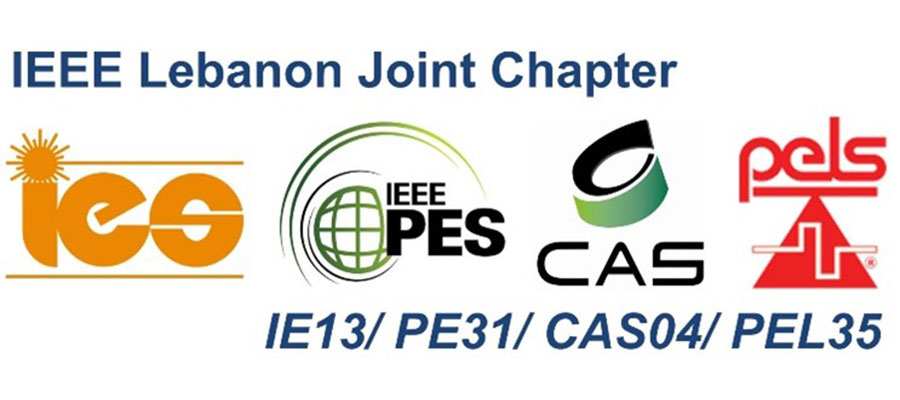
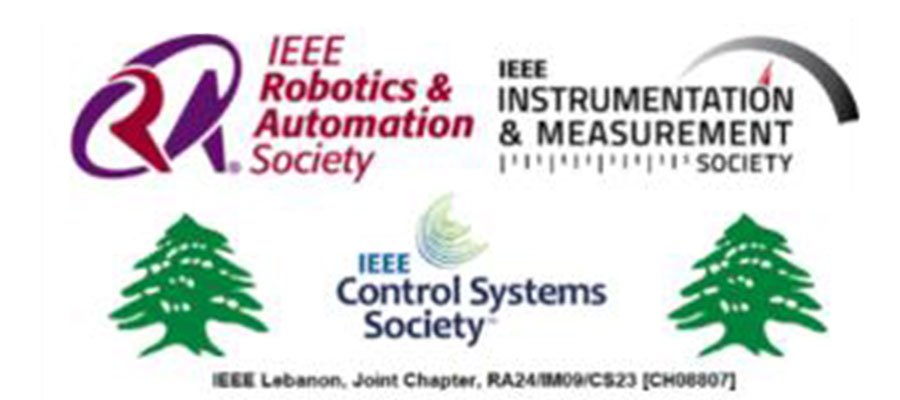
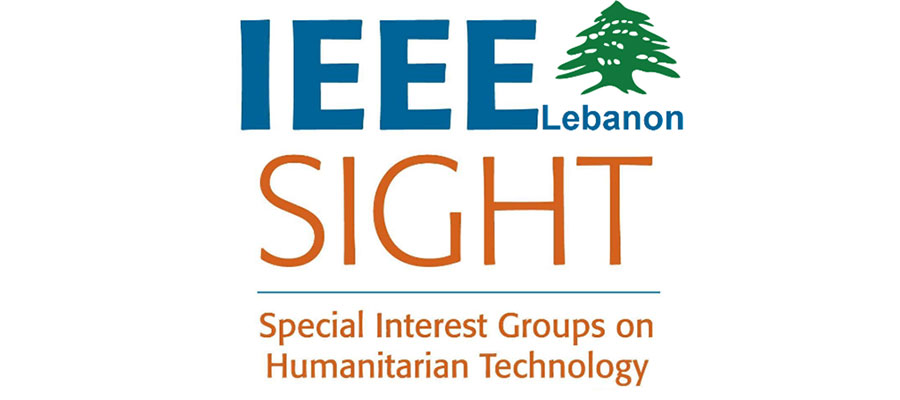
Keynote Speakers
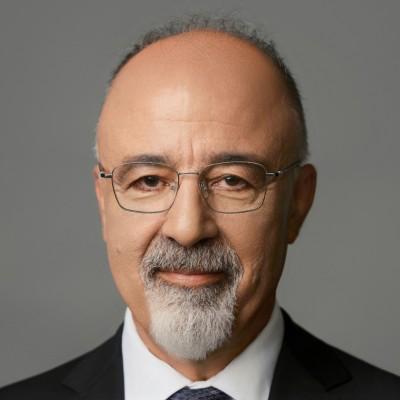
Mohamad Sawan, Ph.D., FRSC, FCAE, FIEEE, O.Q.
Chair Professor, Westlake University, China
Emeritus Professor, Polytechnique Montreal, Canada
Biography
Mohamad Sawan is Chair Professor in Westlake University, Hangzhou, China, and Emeritus Professor in Polytechnique Montreal, Canada. He is the founder and director of the Center of Excellence in Biomedical Research on Advances-on-Chips Neurotechnologies (CenBRAIN Neurotech) in Westlake University, and of the Polystim Neurotech Lab in Polytechnique Montreal. He received his Ph.D. degree from the University of Sherbrooke, Canada. He was awarded the Canada Research Chair in Smart Medical Devices (2001-2015) and was leading the Microsystems Strategic Alliance of Quebec (ReSMiQ), Canada (1999-2018). He is Co-Founder, Associate Editor and was Editor-in-Chief of the IEEE Transactions on Biomedical Circuits and Systems (2016-2019). He is Founder and Co-Founder of several International conferences and working groups in bioelectronics such IEEE NewCAS, BioCAS, etc. Dr. Sawan published more than 1000 peer-reviewed journal and conference papers, one Handbook, three books, 13 book chapters, 22 patents, and 40 other patents are pending. He received several awards, among them the Barbara-Turnbull Award from the Canadian Institutes of Health Research (CIHR), the J.A. Bombardier and Jacques-Rousseau Awards from the Canadian ACFAS, the Queen Elizabeth II Golden Jubilee Medal, the Medal of Merit from the President of Lebanon, the Chinese National Friendship Award, and the Shanghai International Collaboration Award. Dr. Sawan is a Fellow of the Royal Society of Sciences of Canada (FRSC), a Fellow of the Canadian Academy of Engineering (FCAE), a Fellow of the Engineering Institutes of Canada (FEIC), a Life Fellow of the IEEE (LFIEEE), and an “Officer” of the National Order of Quebec.
Abstract
Neuroelectronic miniaturised platforms are hybrid biomedical devices intended to address the increasing demands on intelligent system-on-chip to effectively analyze, treat and predict complex neurodegenerative diseases. These medical devices, either wearable or implantable, should be very low-power and high-speed computing resources, represented by brain-computer interfaces (BCIs) that are currently applied as closed-loop neuromodulators to deal with brain diseases. These devices consistent of miniaturized systems in particular when are intended to reside within the skull. Implemented to continuously monitor, treat and predict diseases evolution, these BCIs contain large channel counts to record data from brain neural regions and to microstimulate tissues to re-activate functions or to stop non desired events such as seizures. We cover in this talk multimodal interfaces and implantable platforms grouping various biosensing techniques including massively parallel neurorecording front-end module, followed by custom neuromorphic processing engines, and back-end actuators. For these systems implementation and validation, we deal with multidimensional design challenges such as security, reliability, safety, self-powered operation, high data-rate wireless telemetry. Case studies will include Vision enhancement, Language decoding, Addictions and Epilepsy.
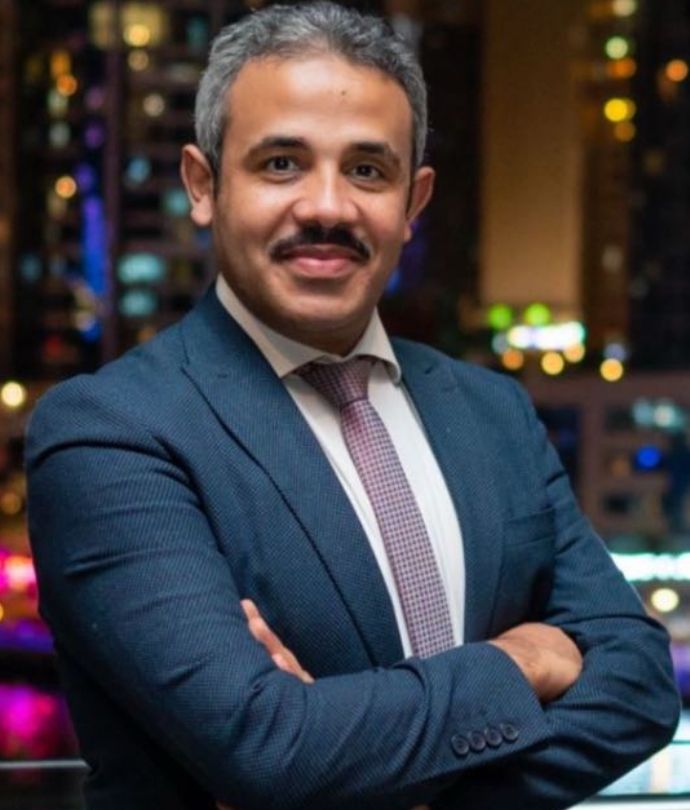
Rabeh Mansour
Diagnostic Imaging Application Manager and Synapse 3D AI Product Manager at Fujifilm Middle East & Africa
Biography
Rabeh Mansour, Diagnostic Imaging Application Manager and Synapse 3D AI Product Manager at Fujifilm Middle East & Africa, based in Dubai. With deep expertise in CT, MRI, advanced visualization, and healthcare IT and Ai , I have led numerous strategic projects, clinical trainings, and product launches across the region. I am especially passionate about applying Artificial Intelligence in diagnostic imaging to optimize clinical workflows, improve decision-making, and advance patient care. My mission is to empower healthcare providers with cutting-edge imaging technologies and AI-driven solutions
Abstract
Fujifilm’s Diagnostic Imaging portfolio integrates Artificial Intelligence and automation to deliver superior image quality, reduced dose, and streamlined clinical workflows across both CT and MRI.
CT Innovations
• AI Reconstruction (Intelli IP/Intelli IPV): Reduces noise, preserves natural image texture, and lowers radiation dose.
• Smart Dose: IntelliEC Plus auto-adjusts exposure; IntelliODM reduces organ dose by up to 30%.
• Workflow AI: AutoPose, iTilt, and Predict Scan optimize patient positioning and contrast timing.
• AI Post-Processing: Synapse 3D integration supports advanced vascular, perfusion, cardiac, and oncology analysis.
MRI Innovations
• Synergy DLR: AI-powered noise reduction for faster, sharper scans.
• IP-RAPID: Accelerated imaging for greater comfort and efficiency.
• RADAR: Motion suppression for artifact-free, clear images.
• SynergyDrive: Automated planning and positioning for simplified workflow.
• AutoExam: One-click protocols ensure consistent brain, spine, and joint imaging.
• Synapse 3D AI: Advanced segmentation and surgical planning solutions for clinical precision.
In summary, Fujifilm’s AI-powered CT and MRI solutions redefine diagnostic imaging—enhancing speed, accuracy, and patient safety while empowering clinicians with advanced tools for decision-making and treatment planning.

Abdulmotaleb El Saddik, FRSC, FIEEE, FEIC, FCAE
Distinguished Professor, University of Ottawa, Canada
Chief Scientist, HUMAIN
Biography & Abstract
Abdulmotaleb El Saddik is a Distinguished University Professor at the University of Ottawa, Chief Scientist at HUMAIN, and a globally recognized scholar in intelligent multimedia, digital twins, and immersive technologies. He serves as Editor-in-Chief of the ACM Transactions on Multimedia Computing, Communications and Applications (ACM TOMM) and has shaped the field as Associate Editor and Guest Editor for several leading journals.
With more than 600 publications, 10 books, and supervision of over 150 researchers, his work has inspired new generations of scholars and innovators. He has chaired numerous international conferences and secured more than $30M in research funding to advance the frontiers of AI, haptics, and digital twins.
Professor El Saddik is a Fellow of the Royal Society of Canada, IEEE, the Canadian Academy of Engineering, and the Engineering Institute of Canada. His awards include the Friedrich Wilhelm Bessel Award, IEEE Canada C.C. Gotlieb Medal, the A.G.L. McNaughton Gold Medal, and the IEEE I&M Technical Achievement Award.
Abstract
Over the past decades, digital twins have evolved from ideas on paper into living companions that reflect and interact with the physical world. By staying in sync with their real counterparts, they help us monitor, understand, and improve systems in ways we could not imagine before.
Today, with the power of AI, immersive technologies (AR, VR, XR), and 5G, digital twins are moving from simple replicas into intelligent partners. With multimodal large language models (MLLMs), they can see, hear, and interpret data more like humans, opening the door to real-time, adaptive, and personalized interaction.
The influence reaches far beyond industry. In healthcare, education, and smart cities, AI-augmented digital twins can enhance well-being, extend human abilities, and create new opportunities for societies around the world.
In this keynote, I will share how AI is changing digital twins from tools into transformative forces that shape our future. It is, in the end, a journey not only about technology, but about humanity—building systems that enrich life.